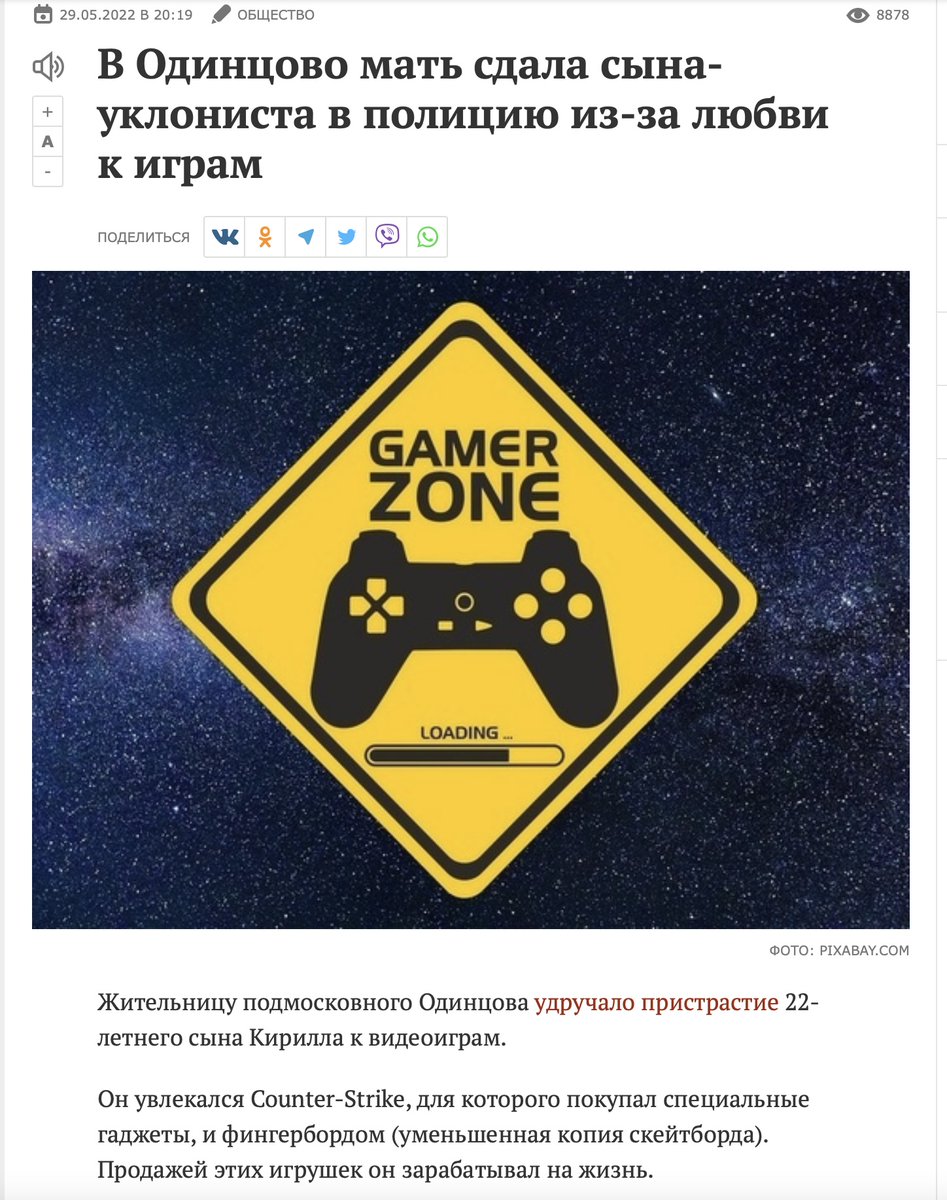Moscow woman reported on her son who was dodging the draft. He is 26 and would turn 27 in three months. In Russia you can't be conscripted once you're 27, so time is short. He tried to launch an IT startup but failed and closed it in Jan 2022. After a conflict she reported on him 

Another similar publication. A mother was upset about her 22 y.o. son playing in Counter Strike and earning on it, so she reported about him dodging the draft. Btw: that's a news from late May 2022, so the war had been going for three months mk.ru/social/2022/05… 

PS These stories make total sense. Quite a few parents from the world view their kids as a financial resource. That's absolutely normal. Some sell them into prostitution, others - as a cannon fodder. In modern Russia sending your son to army can be a great investment
If it were up to me, parents of dead soldiers should receive zero monetary compensation after the war. I would even say that it is the payouts from Putin that explain strange indifference of families towards the ongoing war. Who's gonna complain if investments pay off lavishly?
There's nothing dehumanising in these stories. Parents who sell their kids into a brothers are fully human, just as these mothers. They just see their children as resource and invest it smartly. Once the system of incentive changes, their behaviour gonna change immediately, too
If you advocate for *any* form of financial support for these "grieving families", you reinforce the system of incentives that made this war possible. After the war they should be receiving zero humanitarian aid or other support. The system of incentives gonna change accordingly
The only way for a system of incentives to change is that all those families just lose 100% of their investments with no monetary compensation at all. It means that in the future others will be disincentivized to sell their kids as the cannon fodder since that doesn't pay off
• • •
Missing some Tweet in this thread? You can try to
force a refresh





